Indico Encounters with Sónia Sultuane and Yuck Miranda – Sowing hope
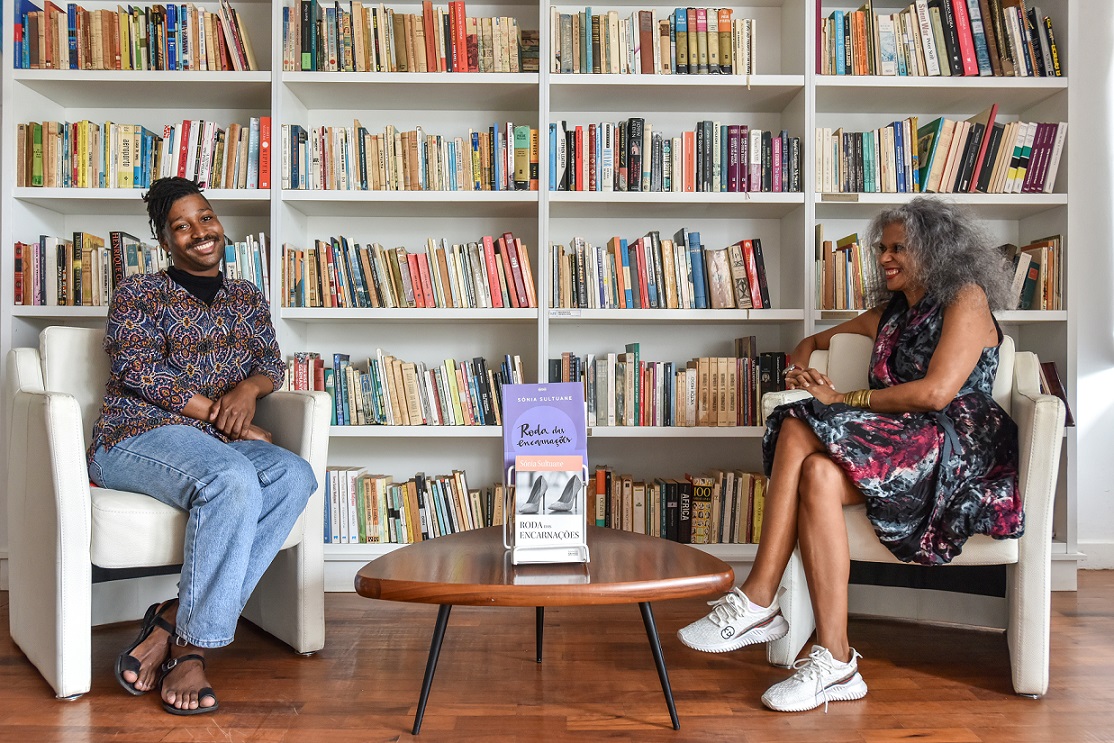
One sows words and fertilises them with drawings. One irrigates with the expressions of the body and voice. Both want to reap industrial amounts of hope to share with those who come across their work on the avenue of life. But especially children.
One is Sónia Sultuane, poet and artist. One is Yuck Miranda, actor and dancer, essentially. The land they explore is called Art, a portion of a vast territory, that of Culture.
Having already lived through the October of five decades, the poet, born in 1971 in the country’s capital, is increasingly aware that it is in children that hope should be sowed. Teach them that imagining – perhaps projecting – is one of the most nutritious foods for a healthy future.
Telling Yuck Miranda about her project “Walking Words”, started in 2008, which consists of going out into the street wearing a word-filled dress and recording the itinerary, Sónia said that one of the best experiences she had was in the surroundings of Xiquelene. She was delighted with the children’s curiosity. “They asked me the meaning of the words,” she said with the tenderness of someone who, at that moment, was returning to the episode on the outskirts of Maputo.
“It is difficult to bring children to spaces that have already been defined, such as a bookstore or library, so I understand that this project of mine is a way of taking the book to dialogue with them,” she contextualized.
In 2014, she published the children’s short story A Lua de N’weti, precisely from this perspective. In addition to the belief in the spiritual universe, she believes that “an artist has a solitary job, but always for the tomorrow of others.”
Sónia Sultuane, loose, white hair, the protagonist of a story of overcoming difficulties since she got pregnant at age 13. Other battles followed, such as social acceptance. The door of literature was closed to women.
At this point in her career, she assumes that “Walking Words” and works aimed at the youngest are her life project. Always hoping to turn on the light so that in the future they don’t go through the bad weather she faced.
Two years ago, worried about watching the news and feeling the uncertainties of the weather, she invited the plastic artist, professor of Art History and director of the Brazil-Mozambique Cultural Centre, Jorge Dias, to a workshop at the Oncology of the Central Hospital, where she develops several activities with the inpatients.
The aim was to teach those children in the hospital bed to create objects with PET bottles. They reused the tiny caps and the bottles themselves to create toy cars and flowers.
The “Walking Words” project, started in 2008, takes art to the street
Sónia Sultuane is the protagonist of a story of overcoming difficulties
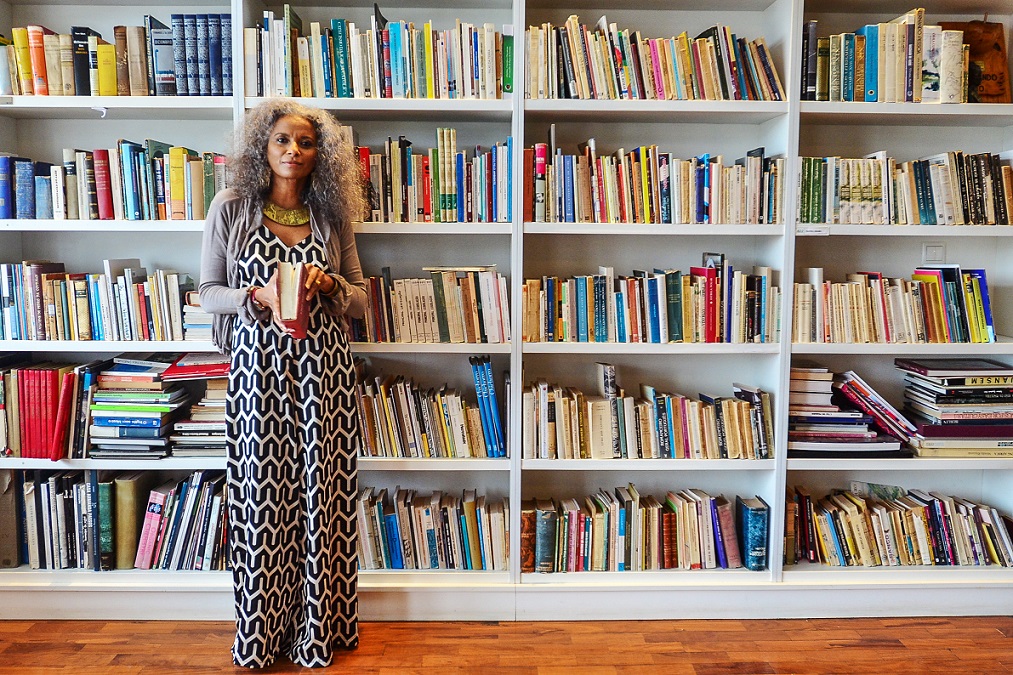
“None of those children is going to throw away the empty bottles, because they realized that it is possible to do several other things with the small bottles of water,” Sónia Sultuane believes.
Twenty years later, celebrated with the publication of O Lugar das Ilhas, under the umbrella of the Fernando Leite Couto Foundation, the poet wrote Sonhos, 2001, Imaginar o Poetizado, 2006, and No Colo da Lua, 2009 .
Advertising
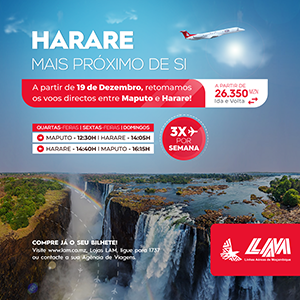 They are both seated. Yuck Miranda has just learned that he has won the Prince Claus Award, but he is serene. Actors cheating. It’s a grey afternoon on Kim Il Sung, in Maputo, and its surroundings. It is the fifth session of the Indian Encounters, which is the result of a partnership between the Fernando Leite Couto Foundation and the Mozambican Airlines inflight magazine, Índico.
They are both seated. Yuck Miranda has just learned that he has won the Prince Claus Award, but he is serene. Actors cheating. It’s a grey afternoon on Kim Il Sung, in Maputo, and its surroundings. It is the fifth session of the Indian Encounters, which is the result of a partnership between the Fernando Leite Couto Foundation and the Mozambican Airlines inflight magazine, Índico.
The purpose of this event is always to bring together two artists from different generations for a free-flowing conversation, without a previous script, just to follow the thread of that improbable encounter.
Entering his 30s, Yuck looks around and notices the lack of artistic projects and youth content. “That worries me,” he lets out. It is in that direction that his spotlights are pointed. It’s a lifetime project, he hopes.
“Theatre gives us the possibility of treating the human being, the person, in all its immensity” – Yuck Miranda
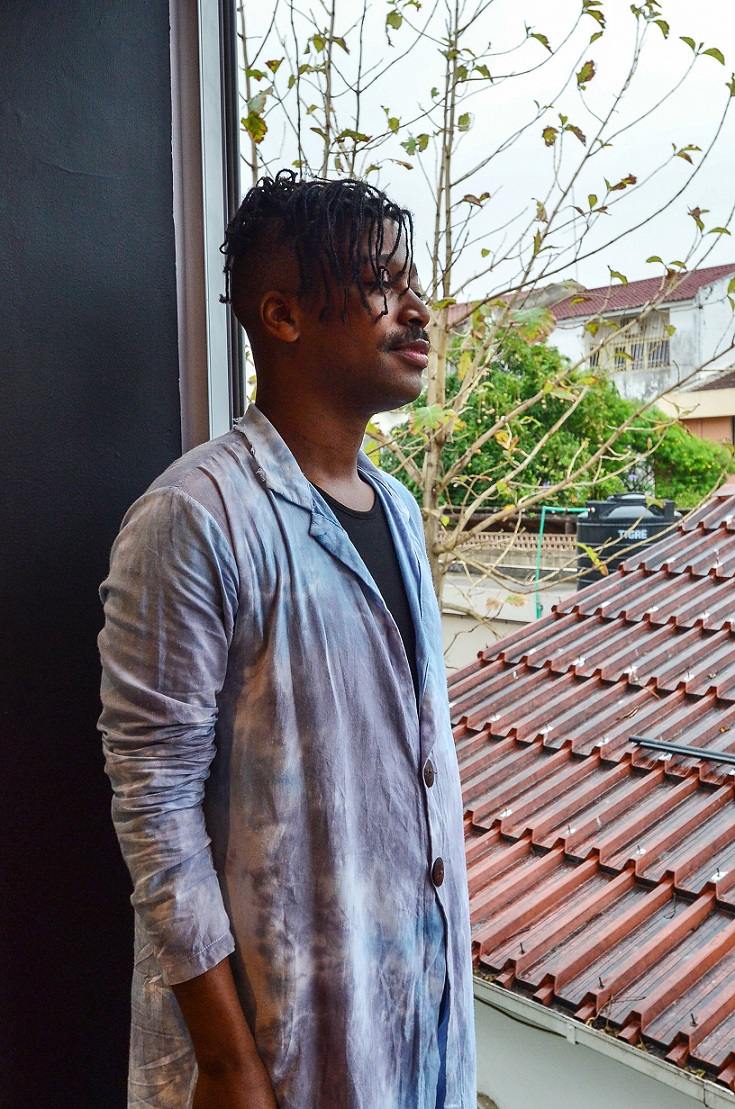
Yuck, who studied Theatre at the School of Communication and Art at UEM, combines academia with permanent practice on stage. “Theatre gives us the possibility of treating the human being, the person in all their immensity,” he said, clarifying his way of seeing what he does in both classical and contemporary plays.
With his eyes on the future, he thinks that the gift he can leave for the universe, for humanity, is to work with and for children. It’s important to have them reflect,” he said for having noticed, in his work, that people are castrated from childhood.
“Generally, what they hear is: don’t feel, don’t move, don’t do… if you do this, that will happen to you…,” he commented, recognizing in these attitudes the molding of fears, of limitations. He worked with this audience in adaptations of texts by the writer Fátima Langa and others in the Mbeu group, where he learned the techniques that drive him.
“Children in oncology, in children wards, hardly have access to art and when art reaches them – for me – it has a dimension of conveying hope,” Yuck Miranda comments.
He arrives at children’s theatre, which despite having already done it when he was younger, in a more committed way with Quem Bosses na Jungle, adaptation by Venâncio Calisto of the namesake work by Danny Wambire, but it was still far from what he sees as theatre for children and young people today, which has Transform as the highlight of his career, which he performs with the Mozambican Buanamade Amade and the Botswana actress Jessica Lejowa, presented in August, in South Africa.
Issue 70 Nov/Dec | Download.
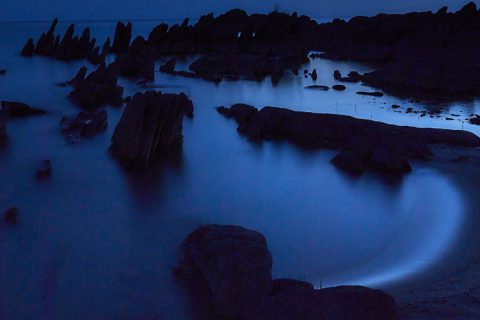
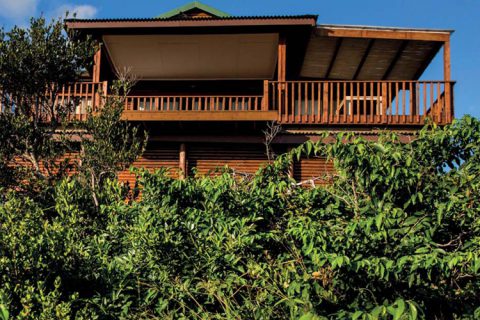


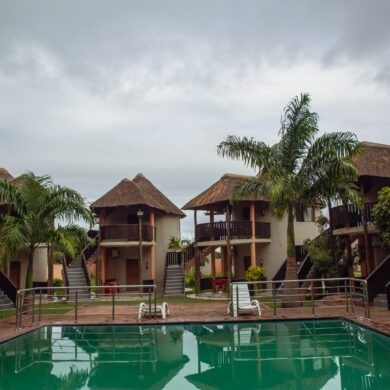
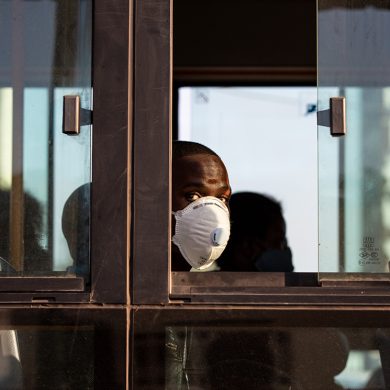
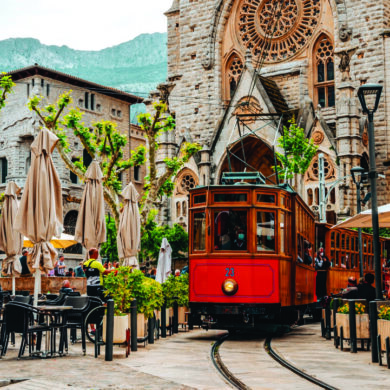
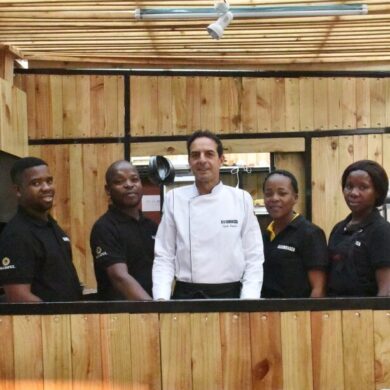
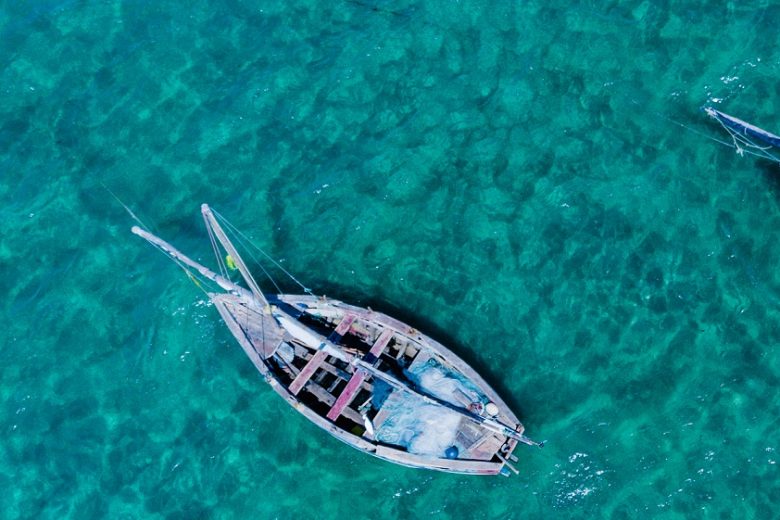
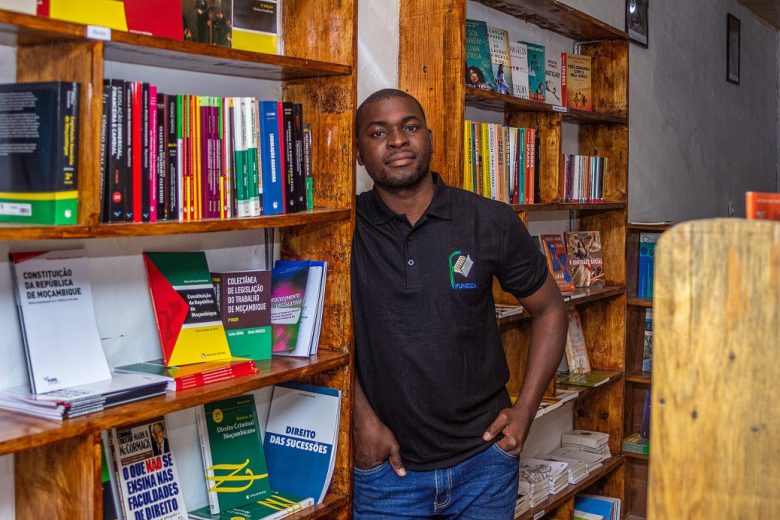








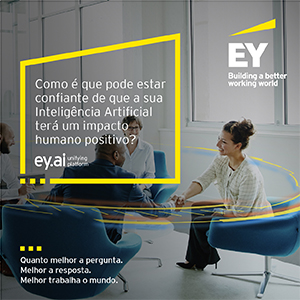

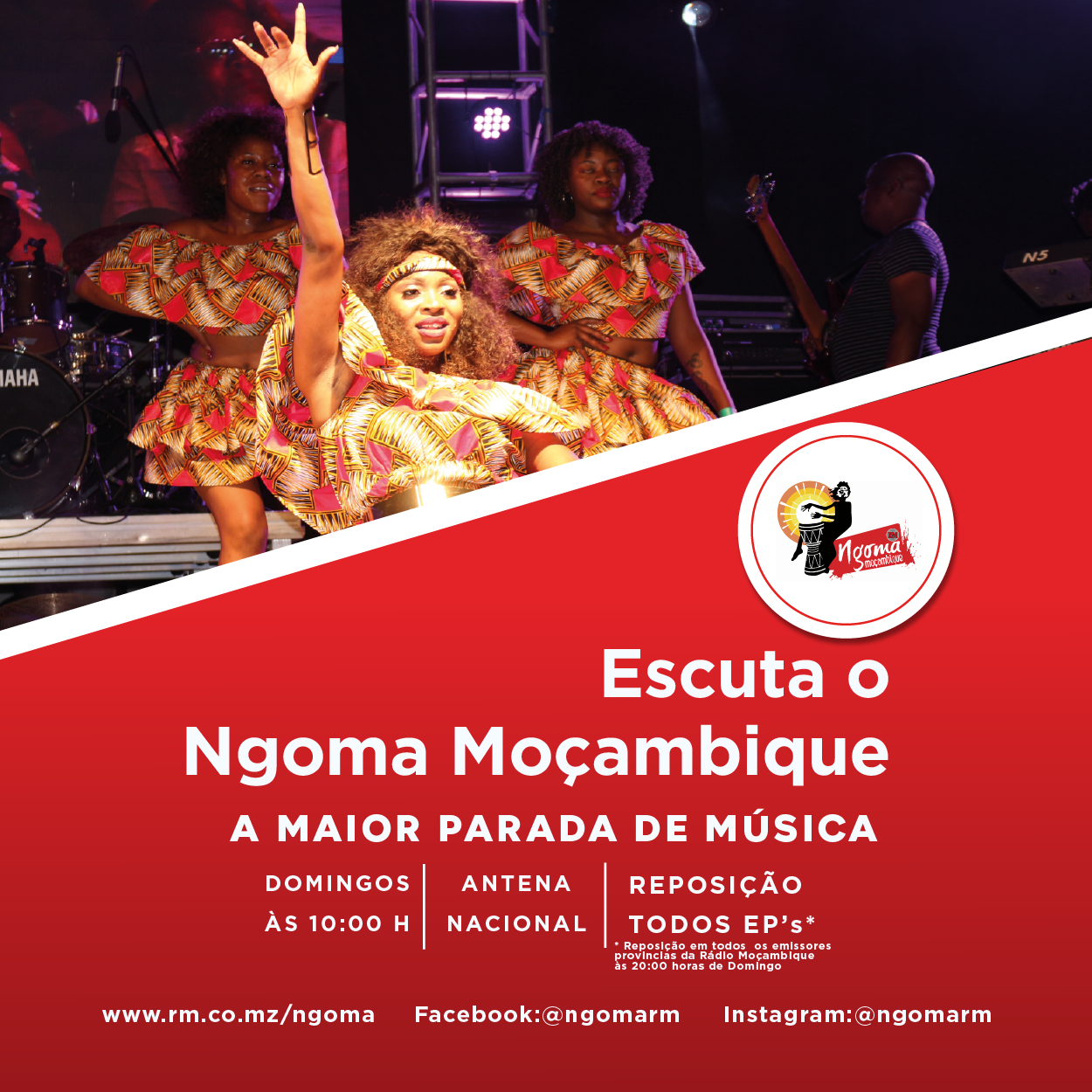
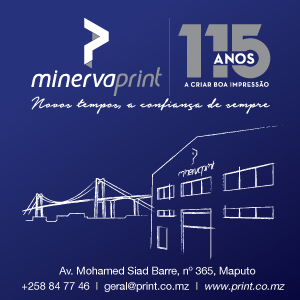





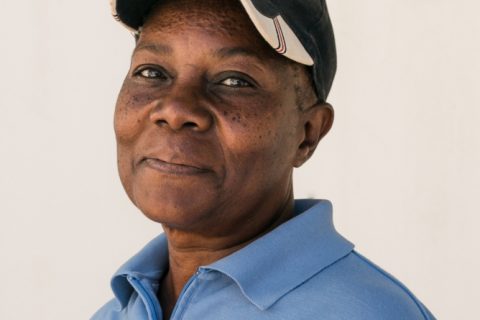
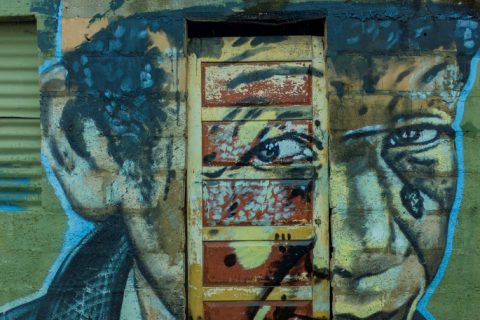
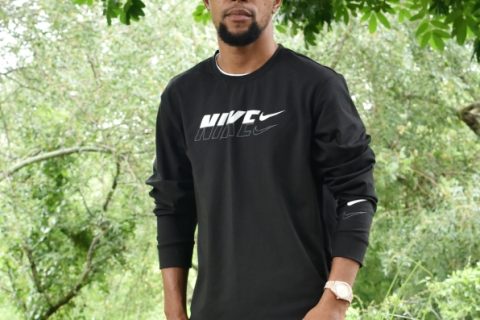
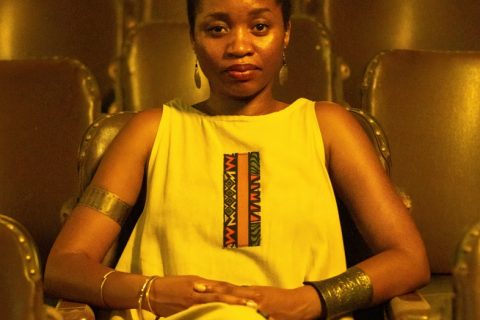
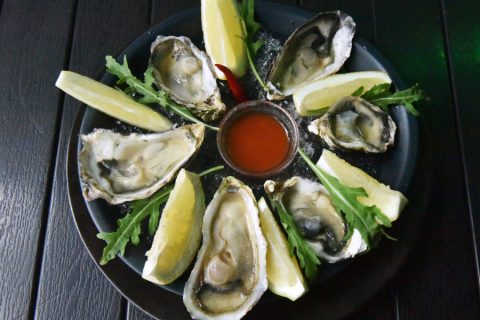
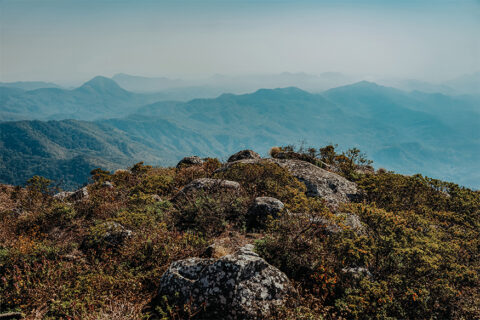

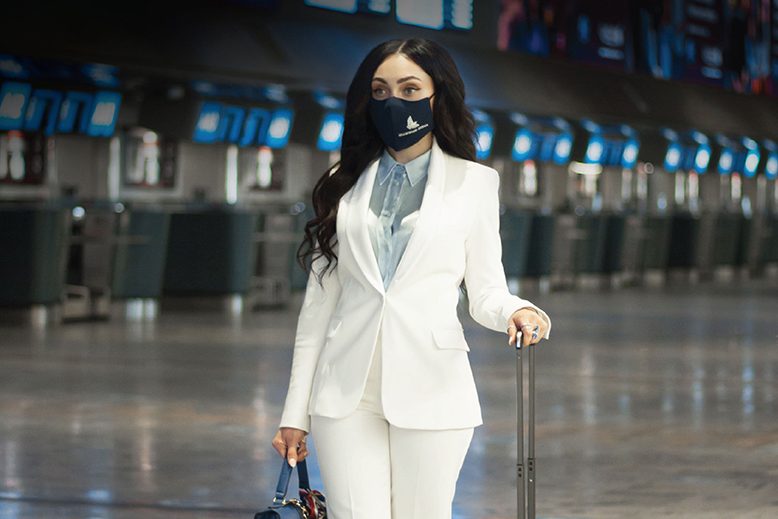
0 Comments